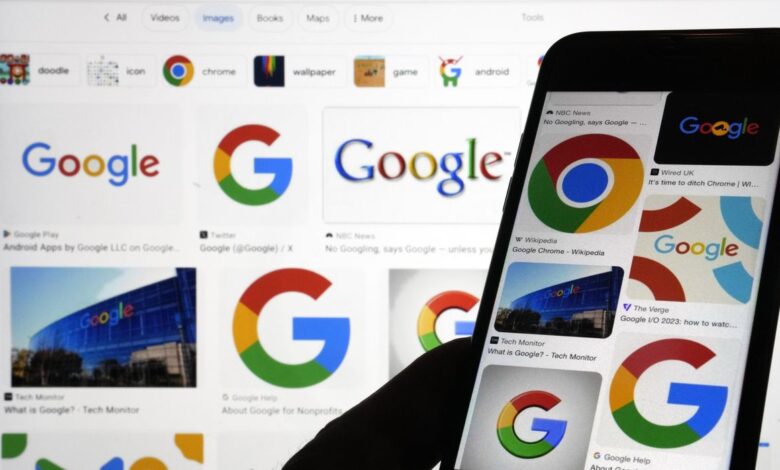
If government regulators succeed in their antitrust case against Google, it could lead to significant changes that could challenge the dominance of the search engine giant. The ongoing trial, which is probing Google’s business practices, may result in restrictions being placed on the company’s operations.
If the judge rules in favor of the Justice Department and determines that Google has been running an illegal monopoly in search, it could open up new opportunities for consumers and businesses. The judge could compel Google to allow more startups and third-party competitors to compete with the company, which could lead to the development of higher quality online services.
Google has earned its market share by providing users with instant access to information from indexed websites. In addition to its technological prowess, Google also pays billions of dollars each year to secure its place as the default search engine on popular devices and browsers.
One possible outcome of the trial is the requirement for smartphones and web browsers to display different search engines during the setup process. However, even if alternatives are made available, users may still choose Google due to its strong brand presence and perceived superiority.
Microsoft CEO Satya Nadella testified during the trial, suggesting that the only way to break the habit of using Google as the default search engine is by changing the default choice. If the ruling prohibits Google’s rivals from paying for the default position, Microsoft could potentially seize the opportunity to make Bing the default search engine.
Some experts argue that a fair outcome would be to ban all default agreements between companies. This would inject more neutrality into the search engine market and give consumers genuine choices, rather than sticking to defaults simply out of habit.
In Apple’s defense, Eddy Cue, an Apple executive, stated that the company has selected Google as the preferred search engine on its products because it provides the best experience for customers. However, if Apple is blocked from using Google as the default search engine, it may develop its own search technology.
A blanket ban on default search agreements could have unintended consequences, such as raising prices on other popular products. Furthermore, even without these agreements, Google could still maintain its dominance if users continue to choose it as their preferred search engine.
The impact of the trial extends beyond Google’s search engine, as a ruling against default settings could affect other companies and devices. It may result in the need for more neutral choices on Android phones or require Apple devices to offer alternatives to Siri.
If such a decision is made, it would challenge Apple’s exclusivity on its devices and could potentially lead to further legal battles.
Ultimately, the outcome of the antitrust case could reshape the search engine market and provide consumers with more options for conducting online searches.
Unique Perspective:
As the antitrust case against Google continues, the potential implications go beyond just changing default search engine settings. It raises questions about the power and influence of tech giants in shaping our online experiences. The trial presents an opportunity for regulators to address concerns about monopolistic practices and promote competition in the search engine market. By opening up avenues for startups and third-party competitors, we could see a more vibrant and diverse online ecosystem. Users would have access to a wider range of high-quality services, ultimately benefiting from increased choices and innovation. However, finding the right balance between competition and user experience remains a challenge. The outcome of the trial will have far-reaching consequences for the digital landscape and may shape the future of internet search.




